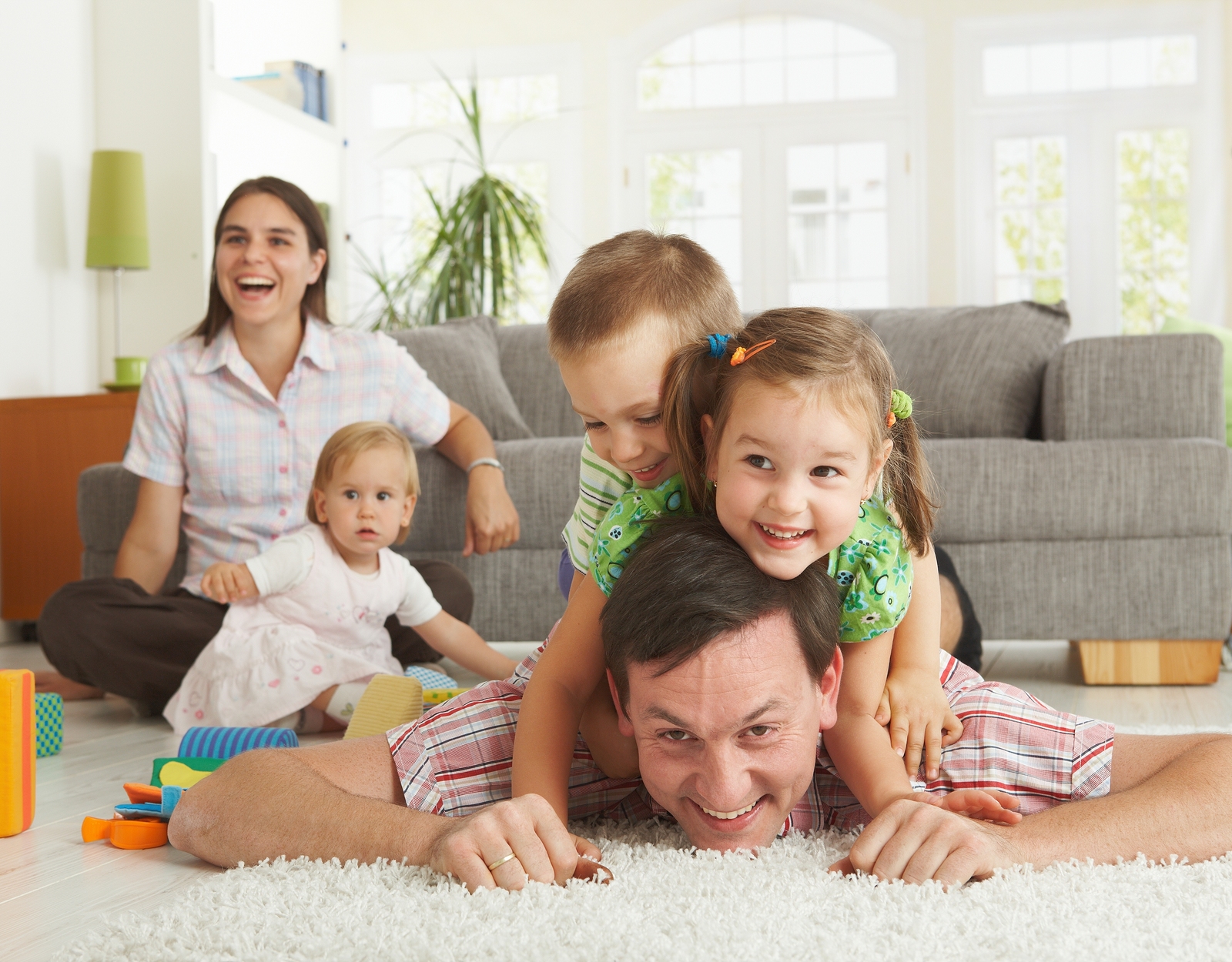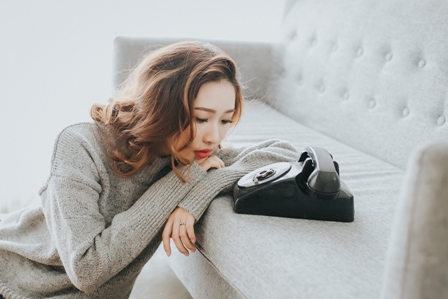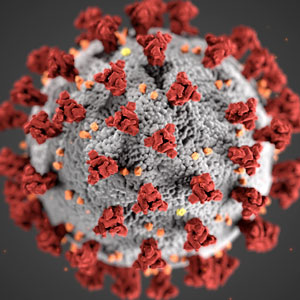Blogs

How to Survive Quarantine. Top 5 Rules.
Today, a vast amount of information about SARS-CoV-2, or simply coronavirus, has become publicly available. However, due to physiological characteristics or life experiences, people perceive and use this information differently: some panic and clear the shelves of stores of everything they can get their hands on, while others undervalue the importance of quarantine. But there's always a good middle ground.
Humans are designed in such a way that everything new, especially dangerous, always causes stress, and if you don't start acting (have any kind of reaction), anxiety arises. Therefore, actions or reactions that help cope with anxiety, such as panic, occur automatically and, as a rule, chaotically. As a result, anxiety doesn't decrease; instead, it intensifies, creating a vicious circle.
Read also: Stress. A few words about the consequences..
So, quarantine is not just a vacation or time off. These are physical restrictions that will be effective only if everyone takes responsibility for their health and pays attention to what is happening outside. In other words, speaking in the language of psychology, it is also about caring for the mental and emotional spheres.
Why this is important. Everyone has heard the overused phrase "all diseases are from nerves." It's about how immunity decreases when the body expends all its energies minimizing the body's reactions to stress, and instead of fighting a real threat—the virus—the immune system tries to handle an imaginary threat created in the imagination; the brain is quite the fantasist. And we can scare ourselves better than anyone else.
Read also: If you have "psychosomatics." Top 3 questions to ask yourself..
So, let's discuss what can be done to cope with anxiety and strengthen immunity:
- Stay home more: study or work remotely, avoid public transport, minimize contact with people, don't plan meetings with relatives or friends because during the incubation period, the coronavirus is asymptomatic, but the infected person still transmits the virus
- Pay attention to your body: sleep at least 7-8 hours a day, as a healthy sleep is one of the ways to strengthen the immune system, adhere to a daily routine; monitor your diet, it should be complete and balanced, avoid delivery and cook at home; engage in sports – perform simple exercises at home, put off the gym membership; a thorough home cleaning with disinfectants is excellent for coronavirus prevention and reducing the risk of infection; this also includes airing, walking in the fresh air, and shopping when there are the fewest customers in stores – late at night or early in the morning
- Filter information – this concerns news, consider only medical facts from verified sources; read books, watch movies and series that you've always wanted to but never got around to; pay attention to series that can help you better understand coronavirus issues, use Netflix; just be informed to react in time, and stop or ignore panicking acquaintances, mental hygiene is as important as body hygiene
- Maintain emotional hygiene: as soon as you feel the anxiety rising, perform a simple exercise (ask yourself what's happening, admit to yourself that you're starting to feel anxious; then ask what thoughts cause your anxiety, and then say or do what is necessary to make you feel calmer, such as creating a plan for prevention or response in case of illness, setting aside the necessary amount of money for treatment, etc.); engage in what gives you pleasure; if you don't know what might bring you joy, remember what made you happy before, and also try something new or learn from children who have no problems with this)
- If you still can't deal with panic and anxiety on your own, seek help from a psychologist.
Read also: Psychological help. Top 3 signs that it's needed..
iPsycholog - Your online psychologist.
How to order a free consultation with a psychologist

Betrayal as an indicator of a relationship crisis. How a woman should respond to a man's infidelity
That's when the understanding comes into your life that things will never be the same, that "the ground has been pulled out from under your feet" and you don't know how to live now.

Psychosomatics or a Symptom for Good. A Case Study.
When the body activates its emergency plan called illness, it means the only way to draw our attention to something very important in our life. Long live the symptom for the sake of good!

What psychosomatics is trying to tell us. A client case.

How to Survive a Crisis Caused by the Pandemic. Top 3 Rules.
